New laptop feature allows students to limit their distractions
Knight Errant staff members test out the Cold Turkey application.
February 9, 2018
BSM is introducing a new application aimed at helping students to curb the constant distraction that is their laptops. ‘Cold Turkey’ – as it is so aptly named – is an application that allows students to block and manage the websites and applications that they feel are getting in the way of their studies. According to Dr. Steven Pohlen, BSM’s Director of Learning and Technology, it is a completely optional way to put the power in the hands of the students.
Though the school’s content filter – active on all student-issued laptops – blocks sites that the administration deems inappropriate for school, many social media, news, and gaming sites that pose a major roadblock to distraction-free learning are still only a click away. “It isn’t so much what site it is, but that we always feel the need to be catching up on something, whether it’s sports videos, or news, or whatever tv show we’re watching at the moment,” Help Desk Manager Bill Cheney said.
However, the more popular of these websites include Twitter, Instagram, Buzzfeed, ESPN, CNN, and Youtube, among others. “The big one I’ve noticed is YouTube – for teachers and students alike,” Cheney said.
Cold Turkey offers students multiple ways to decide which sites and apps are blocked. “Block Lists” are lists of up to 18 applications and websites that users can turn on and off at will. They can be customized to allow students to be more or less focused depending on how much they need to get done at that moment. “For a research paper, for instance, you might need to get to sites that you have blocked in one of your lists such as YouTube or CNN, but still want to be blocked from Netflix,” Pohlen said.
Cold Turkey also allows students to customize when they have access to these sites and apps. This time management can be approached in a few different ways. First, students can personalize intervals to block them for however long they need to focus and then set a significantly shorter “break time” in which their content will become briefly accessible again. As Pohlen explained, this particular set-up is based on the “Pomodoro Technique” – a time management method developed in the 1980s that established a ratio between work and play that maximizes productivity. For instance, in the case of a typical math assignment, one could set their time of focus for 45 minutes, followed by a 5-minute break. Or, for longer assignments such as research papers, focus time could be set to 3 hours, followed by a 30-minute break.
We have an overload of information at our fingertips – whether we like it or not – and the question becomes, ‘how can we balance this in a way that it doesn’t inhibit our productivity as users of technology.’
Besides briefing the KE staff on the ‘Cold Turkey’ initiative, Dr. Pohlen also gave some insight as to why he believes Cold Turkey could be so beneficial in his “Smart @bout Technology” presentation. He honed in especially on the myth of multitasking, and the importance of maintaining focus in a world engineered to distract us. “We have an overload of information at our fingertips – whether we like it or not – and the question becomes, ‘how can we balance this in a way that it doesn’t inhibit our productivity as users of technology,’” Pohlen said.
(Ironically, Bill was kicking back on his smartphone while listening to this portion of the presentation.)
In order to prove his points, Pohlen incorporated a couple of social experiments into the presentation. First, his “multitasking isn’t real” experiment involved the whole class writing the aforementioned phrase, followed by the numbers 1-20, as fast as they could and noting their time. This was fairly easy, taking most students around 20 seconds to complete. Next, however, the same task was repeated but students had to alternate between writing the letters and numbers (i.e. M, 1, U, 2, L, 3… and so on) – simulating both the difficulty and inefficiency of actually multitasking. This time around, most students took about twice as long to finish, with some just giving up altogether.
Pohlen also showed a video clip from the “Marshmallow Experiment,” a social experiment that tracked a group of several kids from adolescence to adulthood. The kids’ ability to restrain themselves from eating a marshmallow when left alone with it in a room was linked to their success in the workplace as adults. The point being, focus and self-control aren’t related to your GPA or your IQ, but can be just as important if not more in predicting future success. “We have these incredible devices that really easily distract us, so we need to come up with techniques and tools that help us with that. Cold Turkey is a tool that can help us to create and establish techniques for ourselves to focus when it come to technology,” Pohlen said.
Cold Turkey isn’t available to the entire student body quite yet. The Knight Errant staff is serving as the first batch of test subjects for the program. However, the tech department plans to put it in all students’ hands once they are sure all of the features work as prescribed. “If we hand it out to 1200 kids and only 5 kids in the school use it and think it’s awesome, then I think it’s worth it…we want to give students the best tools possible to enable them to get done what they need to get done,” Cheney said.











































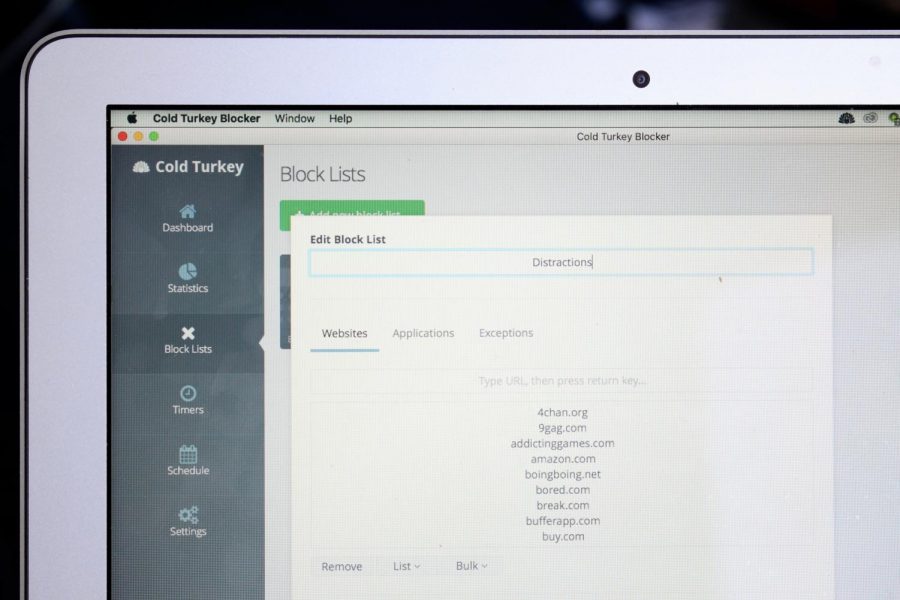
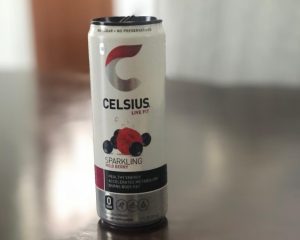
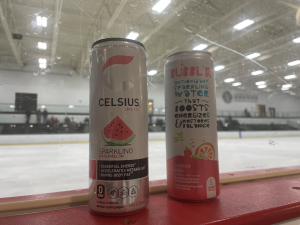

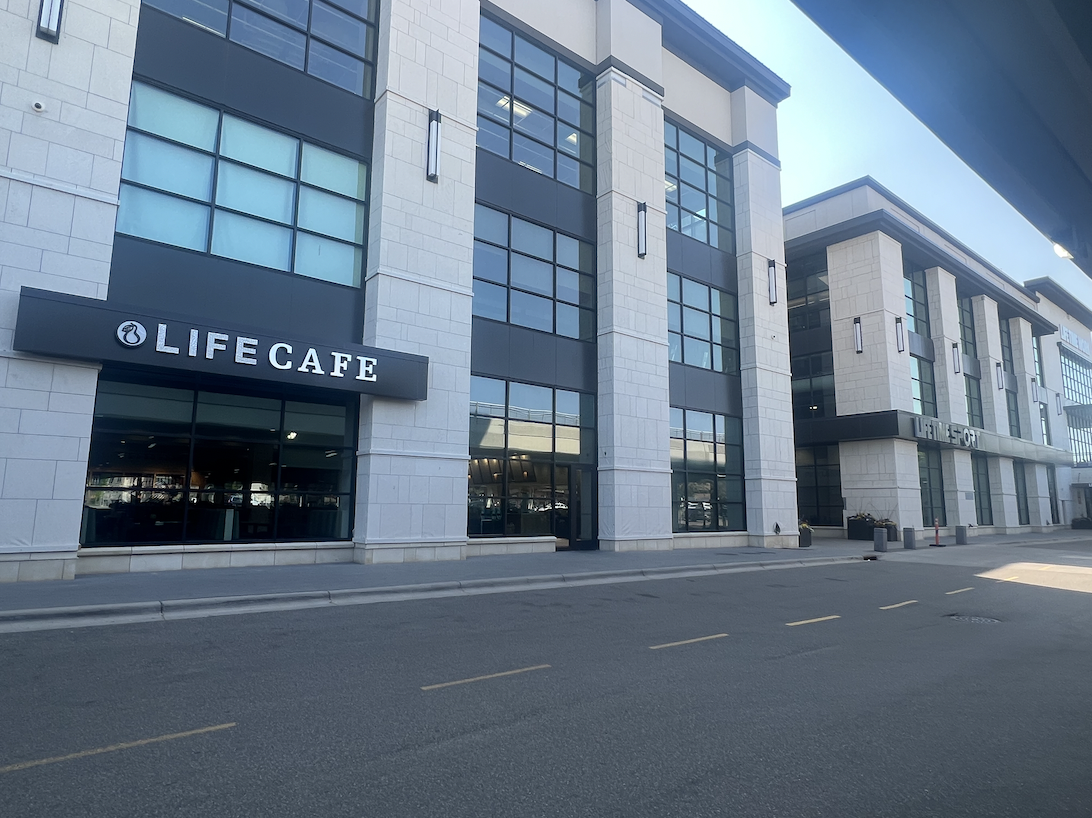
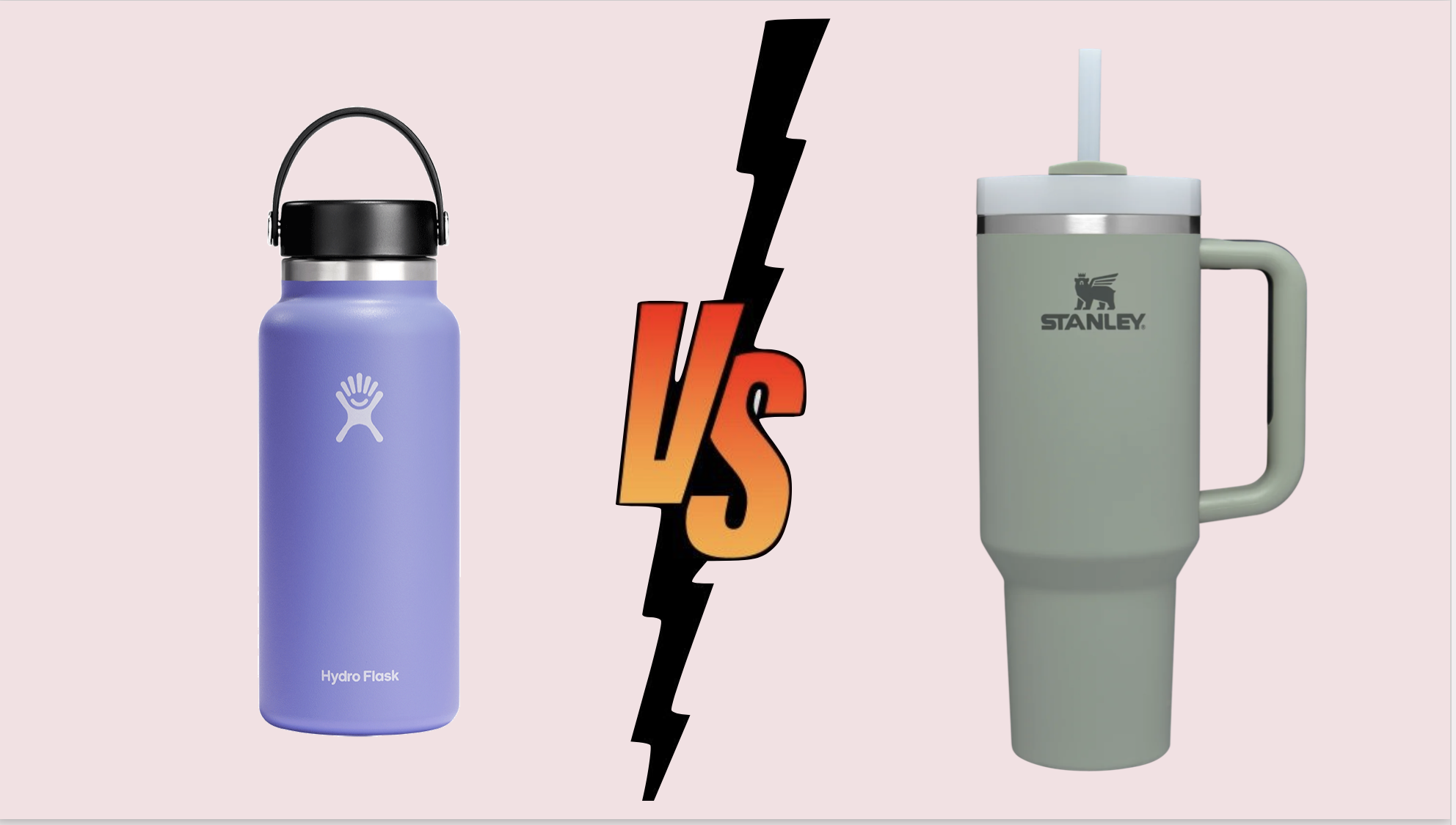


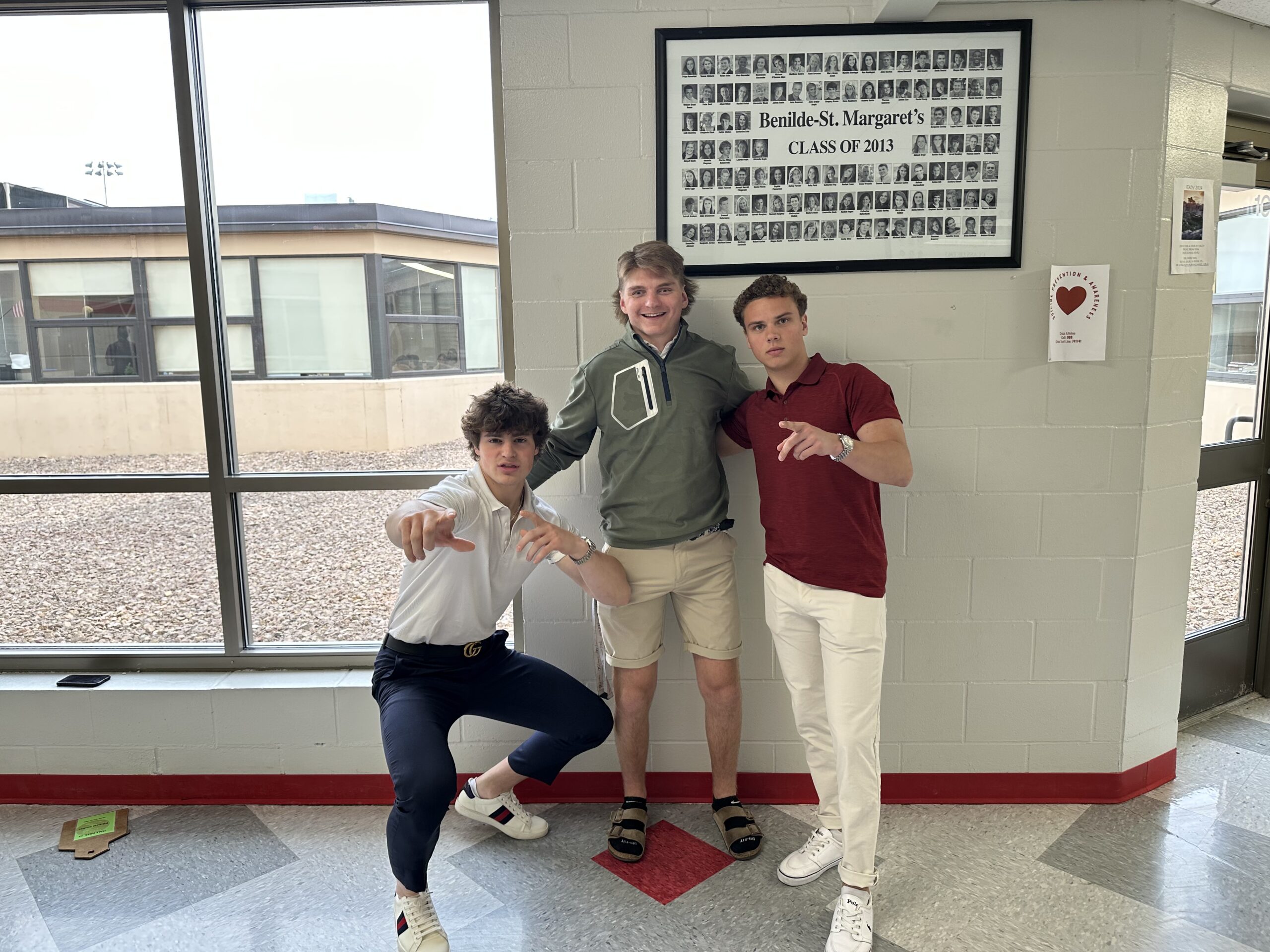
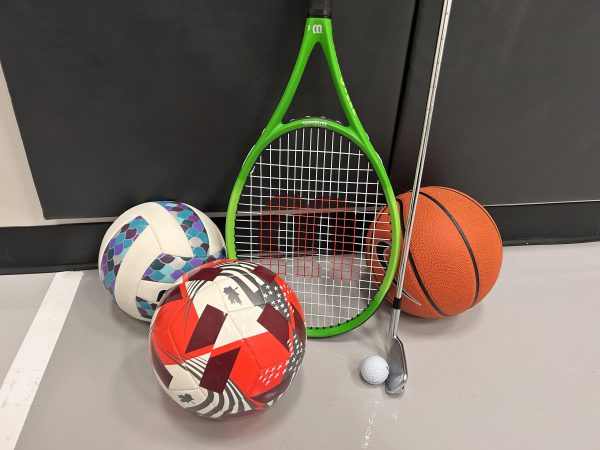


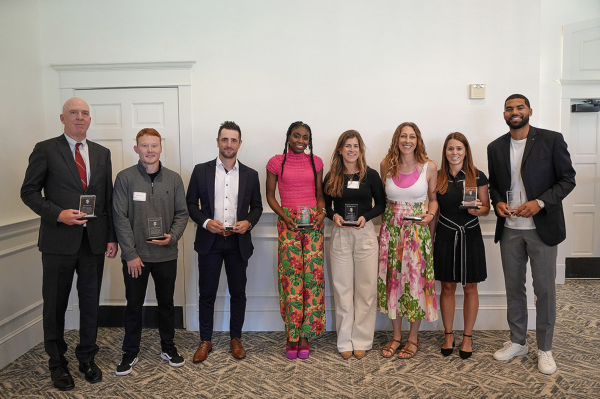


Michael Hawkins • Feb 10, 2018 at 9:16 am
Fascinating article.
I wonder if Cold Turkey will ever be available to us adult ADD’s in the general population.
M. Hawkins